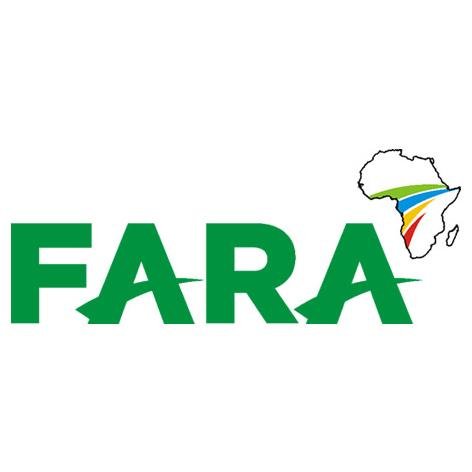Analysing stakeholder power dynamics in multi-stakeholder processes : insights of practice from Africa and Asia
This paper examines different practical methods for stakeholders to analyse power dynamics in multi-stakeholders processes (MSPs), taking into account the ambiguous and uncertain nature of complex adaptive systems. It reflects on an action learning programme which focused on 12 cases in Africa and Asia put forward by 6 Dutch development non-governmental organizations (NGOs). The authors facilitated this action learning programme in 2011-12, and supported a team of 12 local researchers who worked with stakeholders to better understand the dynamics of power in MSPs, and learn practical ways of dealing with power imbalances when dealing with, participating in or embarking on MSPs. The cases range from a Nigerian NGO coalition dealing with oil spills in Niger Delta, to gold mining negotiations in Ghana, to a seaweed value chain in Philippines, to land planning for palm oil in Indonesia. The ambition of this programme was to translate academic insights into easy-to-use packages, suitable for researchers and facilitators with limited academic experience. In trying to make this work, lessons were learned on how to ensure quality action learning across different cultural and sectoral backgrounds. Also, lessons on
developing capacity for action learning on power in MSPs are shared. Finally, the authors report insights on the process of synthesizing data from all 12 cases into generic and shared conclusions.
Related Resources

Agricultural Innovation in Sub-Saharan Africa Experiences from multi-stakeholder approaches
This review seeks to assess the usefulness of innovation systems approaches in the context of IAR4D in guiding research agendas, generating knowledge and use in improving food security and nutrition, reducing poverty and generating cash incomes for resource-poor farmers. The...
The functions of facilitation in multi-stakeholder learning: lessons learned from capacity development on value chains management in innovation platforms in Burkina Faso and Ghana Jean-Joseph Cadilhon
Innovation platforms are groups of individuals or stakeholder representatives with different backgrounds and interests. They come together to diagnose problems, identify opportunities, and find ways to achieve their goals. When innovation platforms are set up by development projects, their processes...
Evaluation as a multi-stakeholder learning process : the Programme for Capacity and Theory Building for Universities and Research Centres in Endogenous Development (CAPTURED ) in Bolivia , Ghana and India
An evaluation is a particular multi-stakeholder event during which different actors share and analyse results after several years. If the evaluation has a strong formative purpose, the evaluation team is requested to facilitate a learning process involving all key actors....
Participatory Gender-Sensitive Approaches for Addressing Key Climate Change-Related Research Issues: Evidence from Bangladesh, Ghana and Uganda
Getting a better understanding of how climate variability affects rural men and women differently, and in different regions, is challenging. Since their ability to respond to change and take action that will make them more resilient and able to adapt...

Unravelling institutional determinants affecting change in agriculture in West Africa
This paper compares lessons learned from nine studies that explored institutional determinants of innovation towards sustainable intensification of West African agriculture. The studies investigated issues relating to crop, animal, and resources management in Benin, Ghana, and Mali


